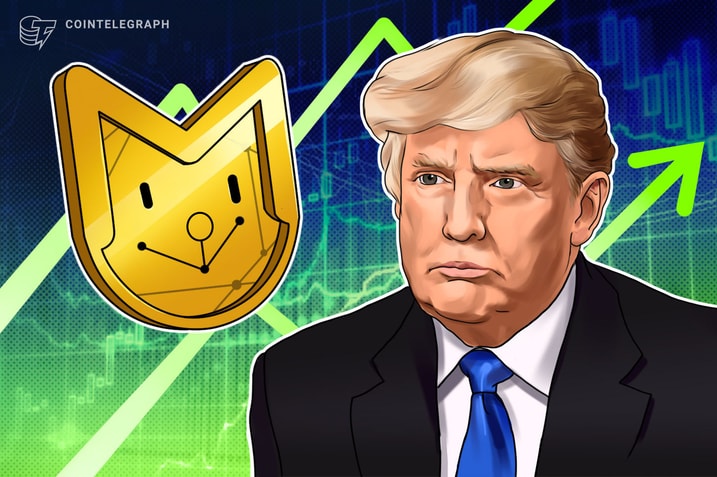Link copied
S&P 500’s Banner Rally Faces Off With Worst Two Months of Year.
stock :: 2025-07-30 :: source - bloomberg
By Jessica Menton
(Bloomberg) — The S&P 500 Index (^GSPC), coming off its best streak of gains since 2020, is about to enter what has historically been its toughest stretch of the year.
Most Read from Bloomberg
Over the past three decades, the benchmark has performed the worst in August and September, losing 0.7% on average in each month, compared with a 1.1% gain on average across other months, data compiled by Bloomberg show. Analysts attribute the pattern in part to money managers’ tendency to reassess their portfolios around this time of year.
That seasonality risks adding to a sense on Wall Street that the record run in equities may be due for a breather, with valuations looking stretched and some key events approaching. First off, investors will watch Wednesday’s Federal Reserve decision to see whether Chair Jerome Powell lays the groundwork for interest-rate cuts this year, or if he signals more time is needed to observe the impact of tariffs on the economy.
“If Powell signals no rate cuts are coming for the foreseeable future, traders will be disappointed, and it may fuel a brief selloff,” said Ed Clissold, chief US strategist at Ned Davis Research. “Any piece of bad news could cause the stock market to pull back.”
So far, the S&P 500 has staged a stunning rebound, soaring 28% over the past 75 sessions through Friday — its biggest advance in such a span since stocks recovered from a brutal selloff in the depths of the pandemic in 2020, according to data compiled by JPMorgan Asset Management.
The surge pushed investors off the sidelines and back into the market, propelled by a reprieve from President Donald Trump’s tariff offensive.
Sensitive Time
But any shift in tariff news, economic data or corporate earnings could trigger a stock selloff in the sensitive months of August and September.
It’s a period when investors returning from summer vacations tend to reassess portfolio positioning and go on the defensive; companies prepare their budgets for the coming year and ponder belt tightening; and mutual funds sell positions at a loss to reduce the size of their capital-gains distributions.
Of course, the past is not prologue. August has eked out positive returns in five of the previous 10 years, according to data compiled by Bloomberg.
And while traders’ stock exposure has continued to climb, it’s still only modestly overweight, according to Deutsche Bank's (DB) analysis of rules-based and discretionary strategies. That clears the path for investors to buy equities in the weeks ahead after money managers rolled back exposures to US stocks to levels not seen since late May, according to a poll by the National Association of Active Investment Managers.
“This rally is certainly due for a pause or a pullback, but any declines will likely be shallow and short-lived,” said Chris Murphy, co-head of derivatives strategy at Susquehanna. “Stocks may buck some of the weak seasonality trends.”
In fact, Jeffrey Hirsch, editor of the Stock Trader’s Almanac, says the rally has more room to grind higher, albeit at a more moderate pace.
“I’m more concerned this rally will keep chugging along and people will miss out because once we get past all of this week’s events, it may turn out to be bullish for stocks in the short-run if things aren’t as bad as feared,” Hirsch said.
That said, commodity trading advisers, or CTAs, which typically buy stocks when index prices rise and sell when they decline, currently hold long equity positions in the 94th percentile — the highest levels since January 2020, Deutsche Bank data show. While that signals confidence in equities, it also increases the risk of sharp reversals should market conditions change, according to Murphy.
To Mark Newton, head of technical strategy at Fundstrat Global Advisors, seasonality shows evidence of equities peaking in mid-August. Any jump in bond yields, which risks boosting corporate borrowing costs, would also darken the outlook.
“The warning signs I’m looking out for are if yields move dramatically higher, positioning flips more defensive and weakening breadth, but none of that is happening right now,” Newton said.
Most Read from Bloomberg Businessweek
This week top market trends.
-
Wall Street hires more senior bankers as growing confidence spurs deal rebound
2025-08-25 :: stock :: reuters
Recent global market news
-
Macy's beats lowly earnings expectations as the retailer faces tariffs and cautious consumers
2025-05-28 :: :: yahoo finance -

Nvidia Involved in Nearly Every Sovereign AI Deal - Citi Raises Price Target
2025-07-10 :: :: insider monkey -
Official Trump memecoin launch breaks records, as Solana rallies to new all-time high
2025-01-20 :: :: cointelegraph





